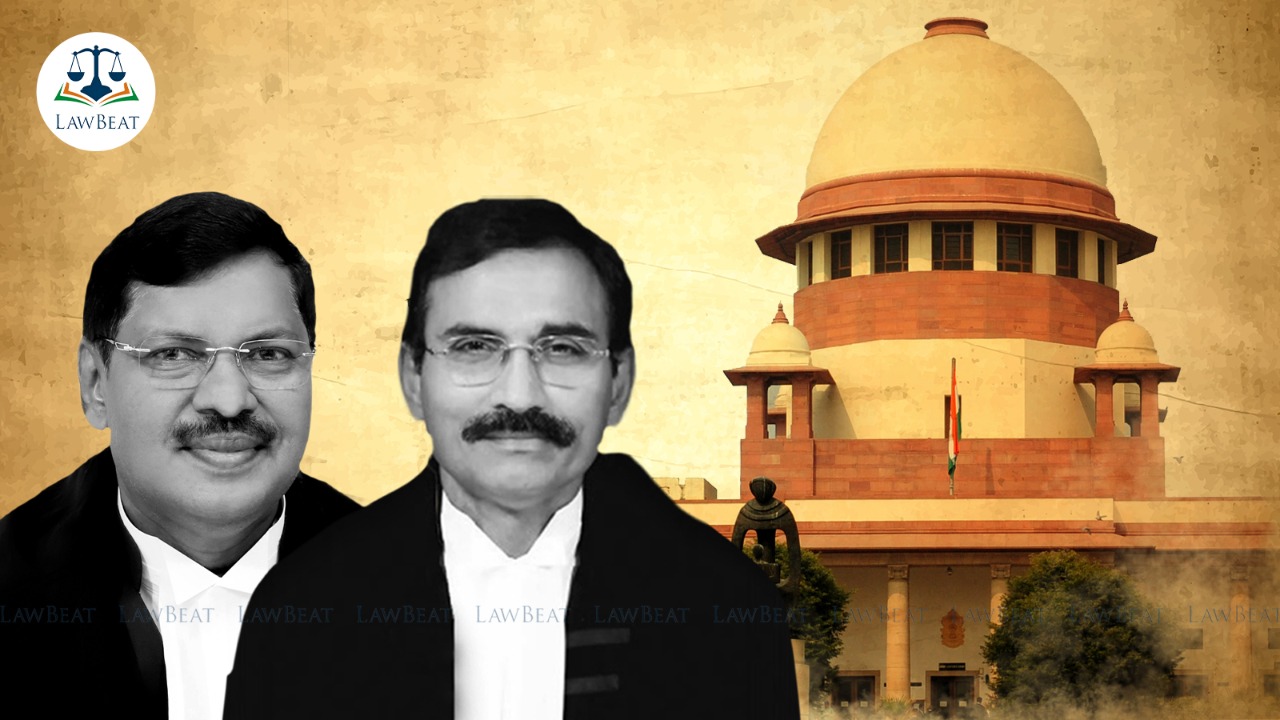State has no power to levy excise duty on wastage of liquor after distillation: Supreme Court

While relying on a three judge bench decision of State of U.P. and others v. Modi Distillery and others, the Supreme Court on Thursday reiterated that the State is only empowered to levy excise duty on alcoholic liquor for human consumption and thus it has no power to levy excise duty on wastage of liquor after distillation.
The top court further noted that Section 27(1) read with Section 2(6) of the erstwhile Bihar and Orissa Excise Act, 1915, which governed the field at the relevant time, clarified the said position.
It said,
"Perusal of Section 27(1) of the said Act would reveal that the State’s power to impose duty on import, export, transport and manufacture is only in respect of any excisable articles imported, exported, transported and manufactured. ‘Excisable article’ has been defined to be any alcoholic liquor for human consumption or any intoxicating drug. It is thus clear that even under the relevant statute, the State has power to levy excise duty only in respect of the alcoholic liquor for human consumption."
State of Orissa challenged an order of the High Court whereby the Court had allowed the writs filed by M/S Utkal Distilleries and set aside the demand notices issued by the Commissioner of Excise, Orissa.
M/S Utkal had obtained a license for the purpose of manufacturing, bottling, blending and reduction of IMFL. As required under the license, Utkal had installed one ENA column to rectify the rectified spirit to be used in the manufacturing of IMFL.
The said manufacturing process resulted in generation of certain weak spirit, which was not potable, and since the Boards’ Excise Rules, 1965 did not provide for allowing such a waste product, a representation was made to the State which constituted a Technical Committee to examine the issues.
The Committee found that the loss of spirit during the process of redistillation was allowed in different States and thus recommended allowing 2% loss of spirit during the process of redistillation in the state of Orissa.
After receiving the High Court’s order to implement the Committee’s recommendation, the state informed Utkal distilleries that it had decided to allow 2% process loss while re-distilling the rectified spirit. However, a demand notice was issued, calling upon Utkal to pay excise duty on the weak spirit, which was more than 2% allowable wastage.
Utkal contended that the wastage generated during rectification process was an impure spirit/weak spirit, which was not fit for human consumption, therefore, the state government has no authority to impose excise duty on the weak spirit.
Relying on the constitution bench decision in Synthetics and Chemicals Ltd. and others v. State of U.P. and others, a bench of Justices L Nageshwar Rao and BR Gavai noted that the Constitution makers distributed the term ‘alcohol liquor’ into two heads, viz., (a) for human consumption; and (b) other than for human consumption.
“It has been held that the alcoholic liquors, which are for human consumption, are put in Entry 51 List II authorizing the State Legislature to levy tax on them, whereas alcoholic liquors other than for human consumption have been left to the Central Legislature under Entry 84 for levy of duty of excise….The Constitution Bench clearly held that the State Legislature had no authority to levy duty or tax on alcohol, which is not for human consumption as that could be levied only by the Centre”, the bench said.
Thus, while relying on the legal position settled by the Constitution Bench of this Court in the case of Synthetics and Chemicals Ltd. and in Modi Distillery, the top court agreed with the High Court’s decision to quash the demand notices.
The appeals were dismissed accordingly.
Cause Title: State of Orissa & Ors vs M/s Utkal Distilleries Ltd
